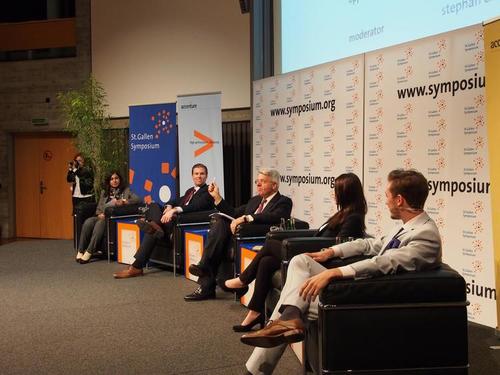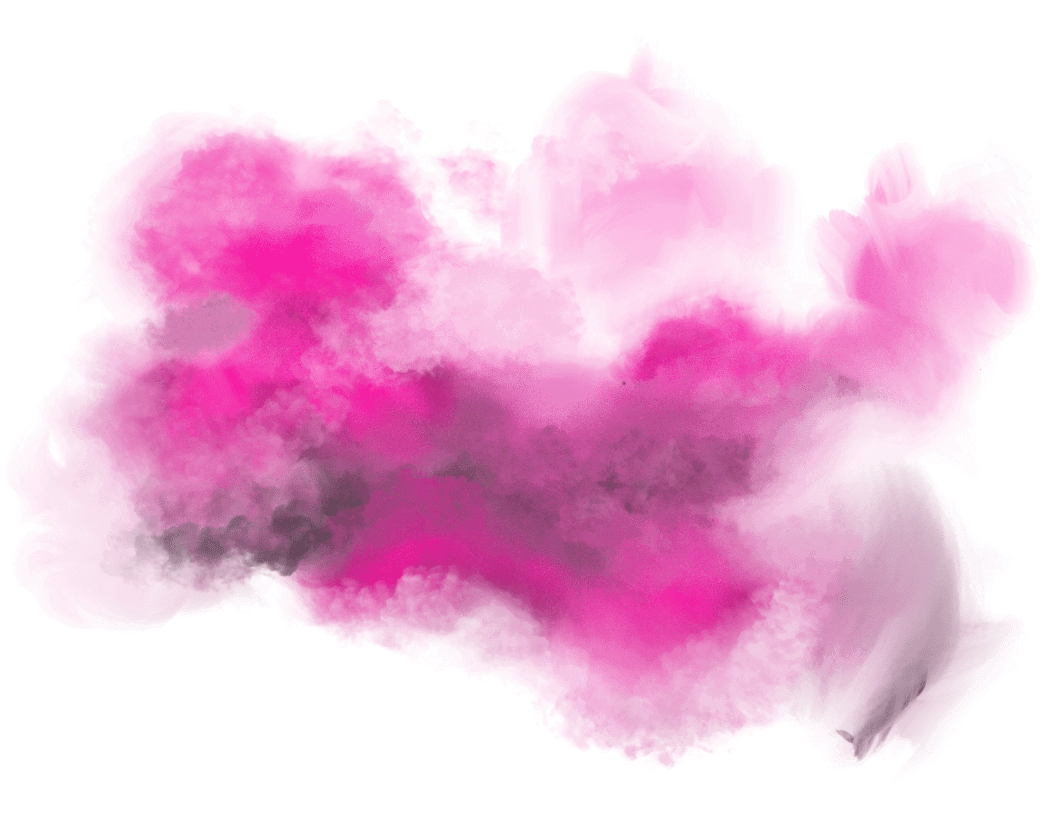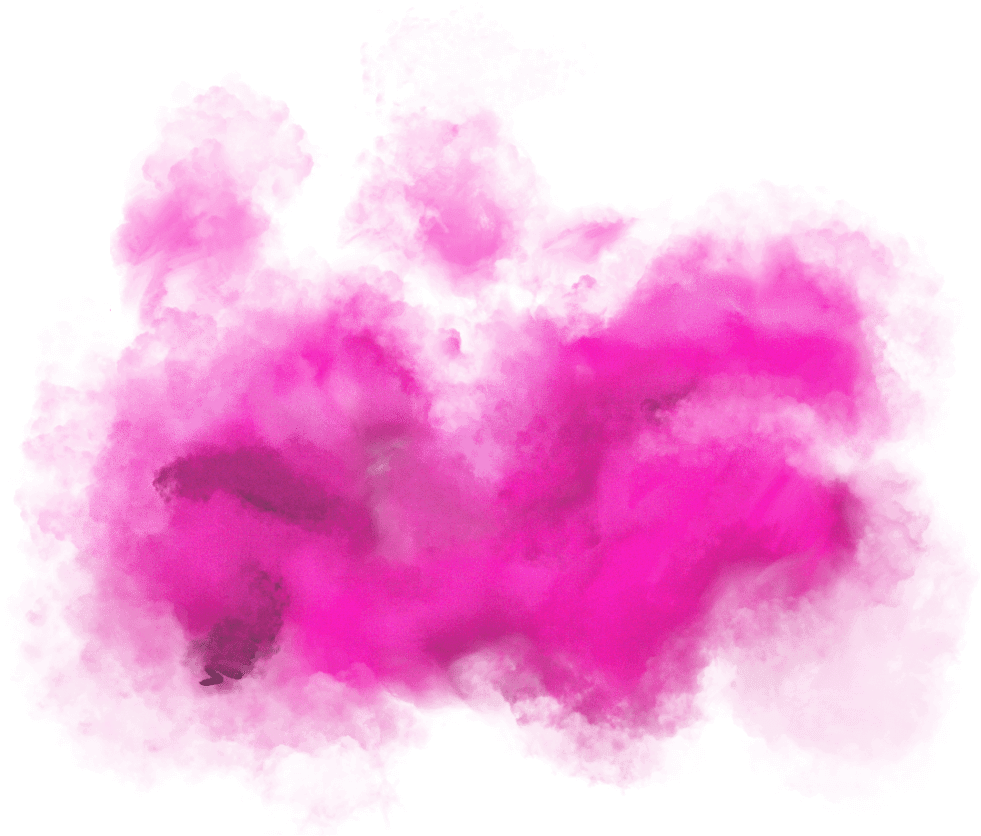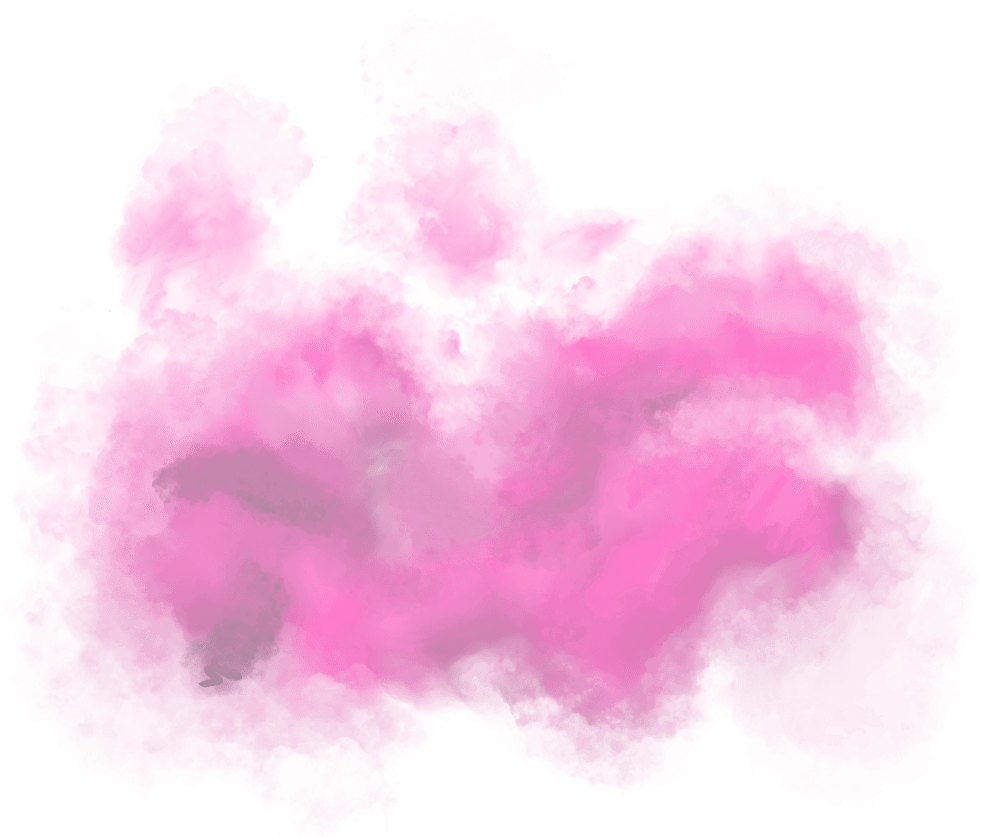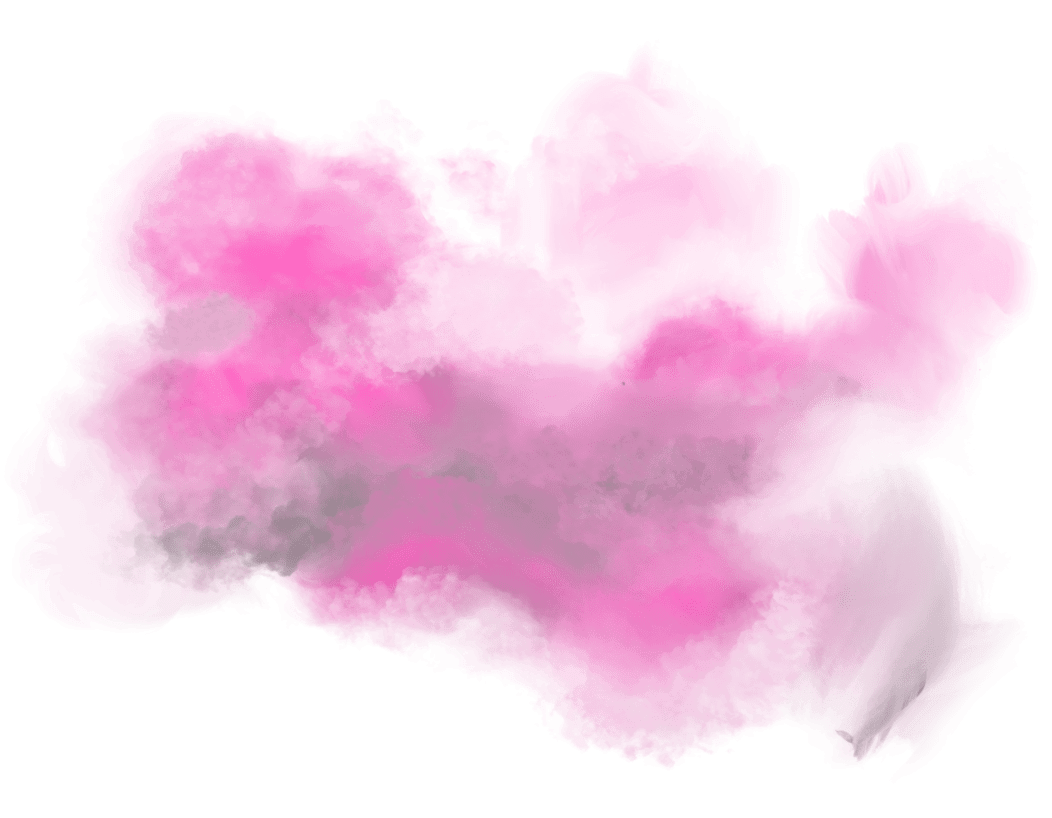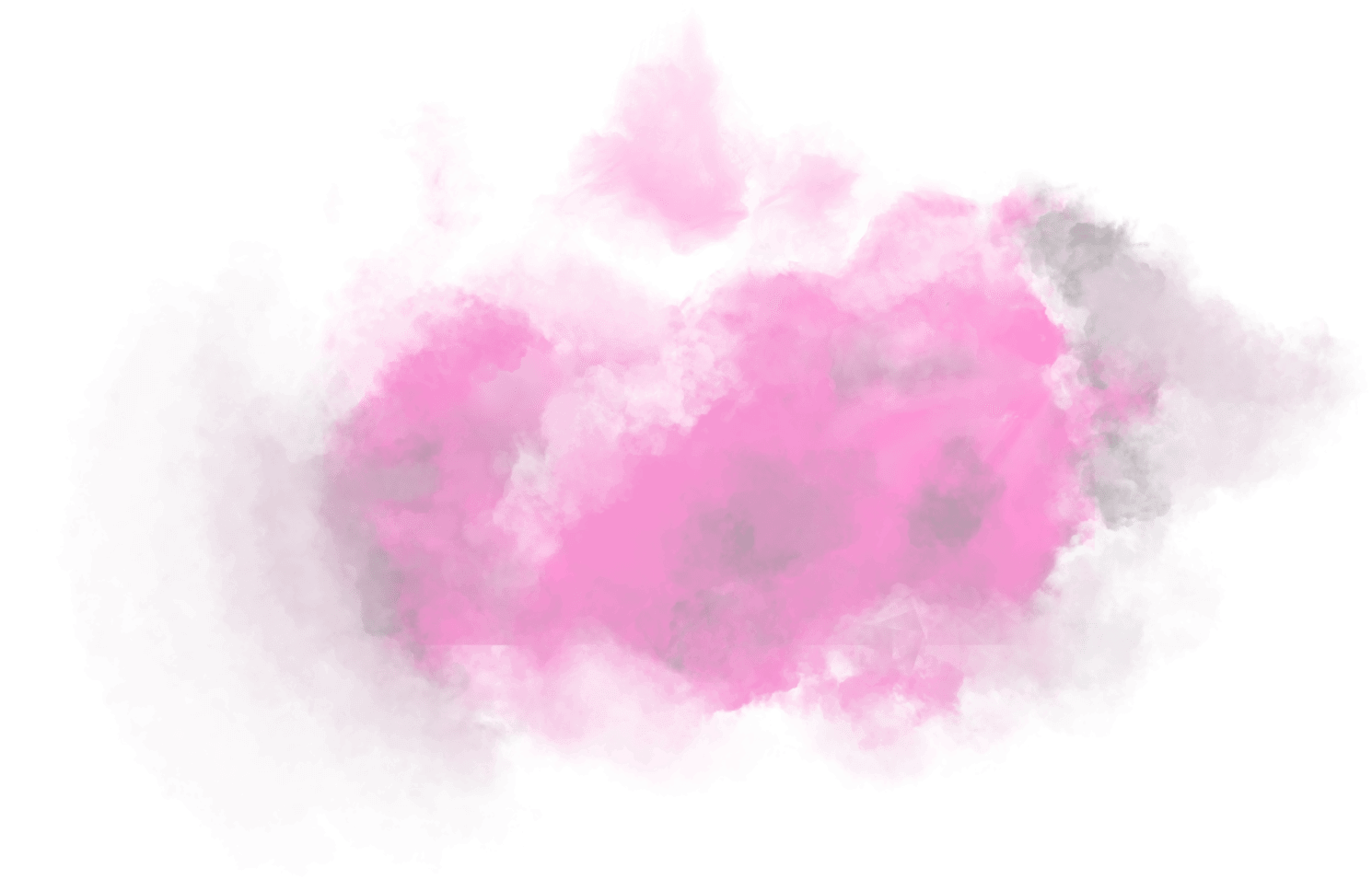 StartupCities
StartupCities
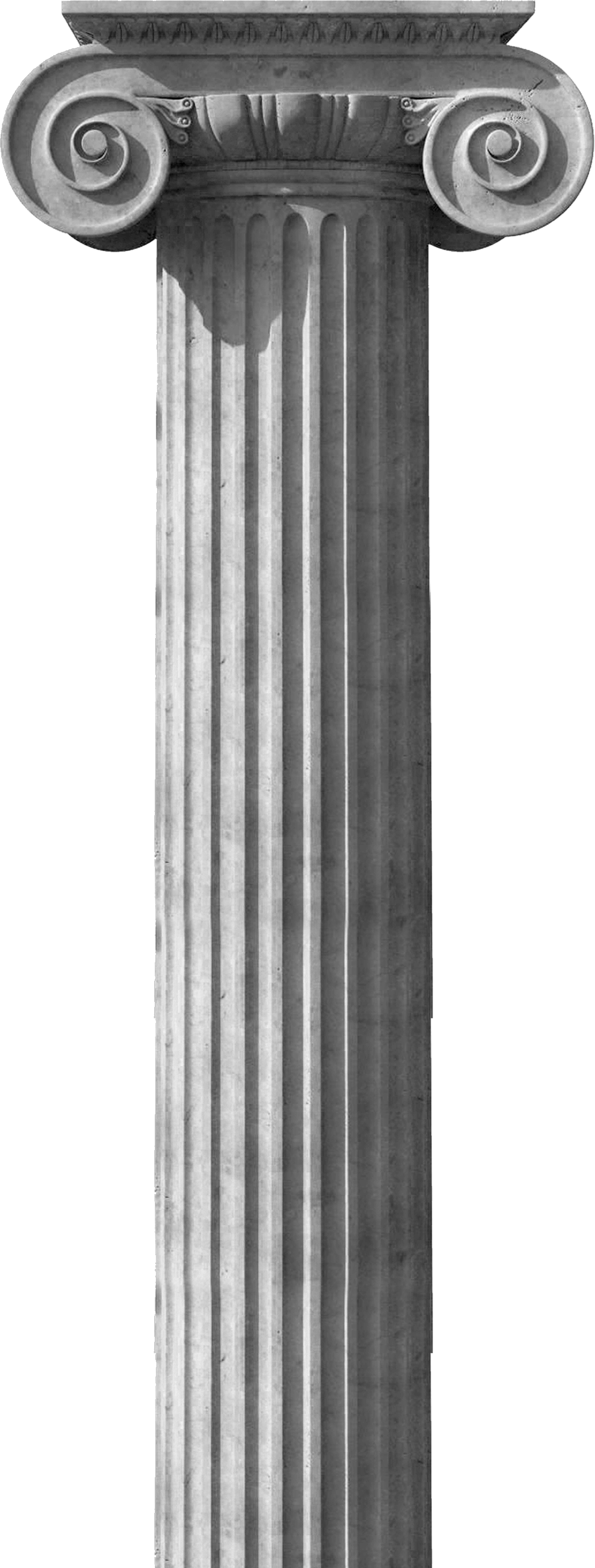





 Who?
Who?I'm a software engineer and entrepreneur focused on modern web technologies and AI.
Here's an ongoing autobiography, which also shares the story of my by-the-bootstraps "unschooling" education: now the subject of a chapter on grit and resilience in the bestselling book Mindshift by Barbara Oakley.
An angel investor once described my core soft skill in the role of founder or early team member as: "The ability to perceive exactly what needs to be done. And then to do it."
My experience working in difficult environments around the world means that I can be trusted to get things done, even when things go wrong.
In the past, I coined the term "Startup Cities" as co-founder of StartupCities.org and a startup spinoff, both of which focused on why startups should build cities. I now write about Startup Cities at StartupCities.com
I've won several awards for economic research and have been published or interviewed in Virgin Entrepreneur, a16z's Future.com, The Atlantic's CityLab, Foreign Policy, and in academic volumes by Routledge and Palgrave MacMillan.
Wait... what is this site?
This is my personal portfolio, inspired by the question: "What would the opposite of the two-color template developer blog look like?"
Have fun exploring!
Click the Start Menu to learn more.
Contact:hello @ zach.dev



Reality is a Game of Trial and Error
An Ongoing Autobiography



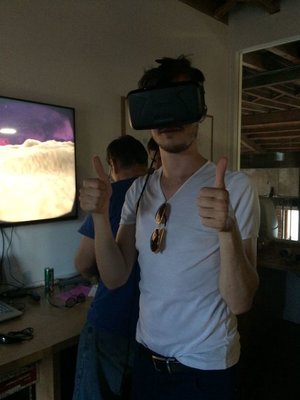
Parts of this section on education are featured in a chapter on grit, self-directed learning, and the power of rule-breaking for the book Mindshift by Barbara Oakley. Dr. Oakley is the creator of Coursera's Learning How to Learn, a practical and valuable course. Together we co-created and taught The Intuitive Programmer to tens of thousands of engineers.
Things don't always work out the way you expect.
I was raised in rural Maryland, where my parents were caretakers of a trailer park. I was a Boy Scout and spent a lot of time outside, in worlds of my own creation.
I had great grades but was bored and miserable in school. I love learning new things and sometimes school is the worst place for those hungry to learn.
So I left school in 9th grade to start working.
This was a tough time, because many people suggested that my life was over. My parents needed to work and couldn’t teach me. We went to visit private schools but couldn’t afford them. So they left me at home with simple rules: "You must work. And you must show progress that you’re learning something new.”
I have grown to appreciate the power of simple rules.
To learn, I took courses on the internet and read from the local library. It wasn't prestigious, but it was scrappy, affordable, and I learned a lot. Sometimes my father would leave a question written on a napkin on the kitchen table. I would have to research and give him the answer when he got home from work.
I still love books and donated several hundred to the MPC, an education project in Guatemala that I worked on. Check out my personal library.
My first job was cleaning bathrooms and offices. I also worked as a street performer, playing music on the beach (the beach paid better). I've also worked as a cashier, novelty photo salesman, and a computer repairman.
I used to feel ashamed of talking about these jobs with wealthy and highly-educated people. But the experience has been valuable. Working jobs like these helps you relate to people at many levels of an organization. You respect people more, because you never know what phase of life they're in, where they're going, or what they do outside of work.
Making Money with Dumpster Diving and Jazz Music
I had an entrepreneurial streak early in life. I started dumpster diving to find rare items and broken electronics to repair and sell on eBay. You wouldn’t believe what people throw away. I tutored music, rented a space, made house-calls, and grew my little business to dozens of students each week. I used this money to get myself to college.
I learned early how to make my own luck and how to spot opportunities and say 'Yes!' when they appear.
When I couldn’t afford music school, I offered to work as an assistant to a classical composer in exchange for learning. This opened the door to music school in my mid-teens, where I studied jazz, classical guitar, and music theory.
I still think that if early-stage entrepreneurship were a musical form, it would be a jazz quartet. I left music school and went to NYU. I designed my own major focused on entrepreneurship and philosophy. I worked full-time in an IT role.

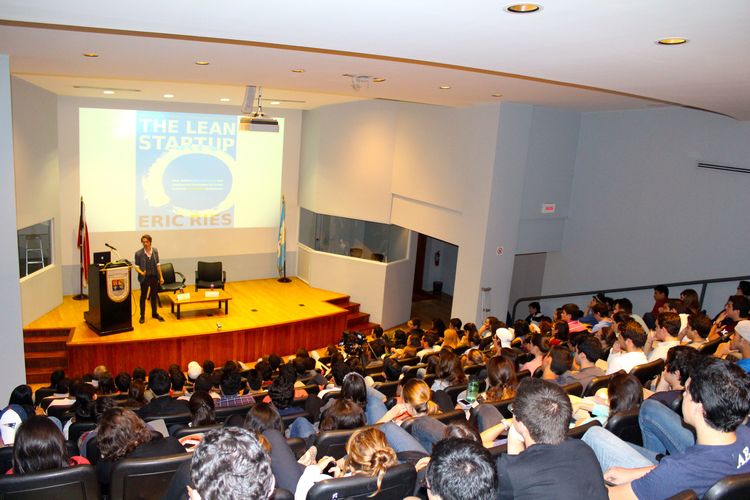
Around this time I discovered the work of Karl Popper, whose philosophy of science has become something like a mantra in my life.
I began to see entrepreneurship not only as a life discipline and path to wealth, but as a solution to serious problems in the world. Partisan politics fails. But entrepreneurship is a practical way to pursue positive social progress like: increased capacities for the poor, better opportunities for oppressed groups, free expression, tolerance, and economic growth that doesn't destroy the planet.
From Karl Popper I learned that trial-and-error is how learning and progress occurs. Since startups are like miniature experiments in solving problems sustainably (i.e. at a profit), I see entrepreneurship as the most effective way to generate enough new ideas to solve humanity’s hardest problems.

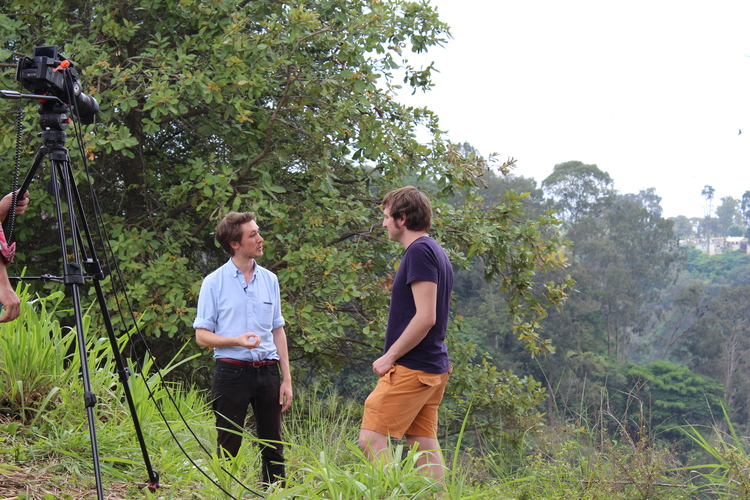
I also learned a lot while researching entrepreneurship, including for a Harvard economist studying online labor markets, a historian studying New York City's bankruptcy in the 1970's, and a political scientist looking for why terrorist groups build schools and clinics for the poor.
After graduating, I co-founded and edited a startup media outlet and magazine which focused on positive, entrepreneurial solutions to world problems.
I went to Chihuahua, Mexico to learn about immigration and the War on Drugs. Wanting to see how entrepreneurship can thrive in difficult places, I went to Kenya to study street markets and the entrepreneurs that run them with the Kenya National Alliance of Street Vendors and Informal Traders.
I lived in slums across the country and interviewed smugglers, disabled traders, and vigilantes about market structure and informal dispute resolution. These experiences hardened me. And they equipped me well to work in difficult environments without fear.
The magazine startup eventually failed, which was an education in itself. Since then, I've had some successes and failures. If you want, you can read about some here.
I moved to Guatemala and apprenticed beneath one of the country's leading entrepreneurs. We worked on a series of businesses together. I moved between the businesses, fixing problems that arose. I'm most proud of two accomplishments from this period:
- I led the successful turnaround of a college
- I co-founded a research center on urbanism, which was recognized around the world (despite being run out of a storage closet)
Going into Software
Suddenly, my mentor died. He had been a friend and a teacher for my entire career. I felt depressed and without direction.
I came back to the United States and decided to go into software. After a bad experience with a co-founder I became determined to get the hard skills necessary to become a software engineer.
My education in programming was a series of big bets to force myself to learn:
First, I hired a programmer to build a video game with me. I knew a game would hold my interest during the difficult early days of the discipline. I ran out of money during the development of this game. It was never released but was accepted to the Google/Improbable games innovation program because of our compelling prototype.
After that, I rented an AirBnB for 30 days on a llama farm in rural Virginia, the cheapest one I could find within driving distance. I spent the month there, alone, learning as much Python as I could.
Finally, I decided just to focus on web development. I moved back to New York City. I learned Javascript and modern web frameworks.
Then I just started building everything I could. Mobile apps. Little tools. Hackathon games. This website.
I had my engineering trial-by-fire as founding engineer at Storetasker. I led the development of their two-sided conversational commerce marketplace, embedded inside DIY tools like Shopify, Squarespace, and Wordpress. The product included a marketplace, real-time chat and collaboration, numerous third party service integrations, a custom marketing and analytics pipeline – all delivered within the constraints of a Chrome extension.
It was a challenging job and I'm proud of the product that we built.
I was then recruited by Clay, an AI-powered spreadsheet automation platform. I was their second engineer.
I was then recruited as a Lead Engineer for Curology, a vertically-integrated direct to consumer skincare platform. Curology taught me the power of vertical integration with software at the core (especially in a highly-regulated industries).
I was then recruited by Clarity Financial, a fintech startup, first as a founding engineer and then as the head of product. I built the team, processes, and many internal tools that powered Clarity's successful growth from zero to checkmating our first major competitor in 18 months.
Throughout this time I've also worked as a consulting technologist for other clients. My open source work has occasionally done well.
I was captivated by pre-LLM AI in the late 2010s. I wrote some useful open source and also contributed to the popular FastAI framework.
While working at Clarity, the LLM revolution arrived. I started to build internal tools for my team that used LLMs to automate boring tasks. I encouraged our engineers to adopt copilots. It was clear that this was a a generationally important technology. I was addicted and wanted to be a part of it.
I left Clarity Financial in 2024 to focus on AI via my consultancy Automation.co. Since then I've built some popular open source, shipped AI products for clients, and learned a lot about the AI frontier. I now run an invite-only ecommerce intelligence community called StoresData and offer Claude Code instruction to non-engineers via LearnClaude.ai.
Things don't always work out how you expect. But I can't get enough of the adventure!


